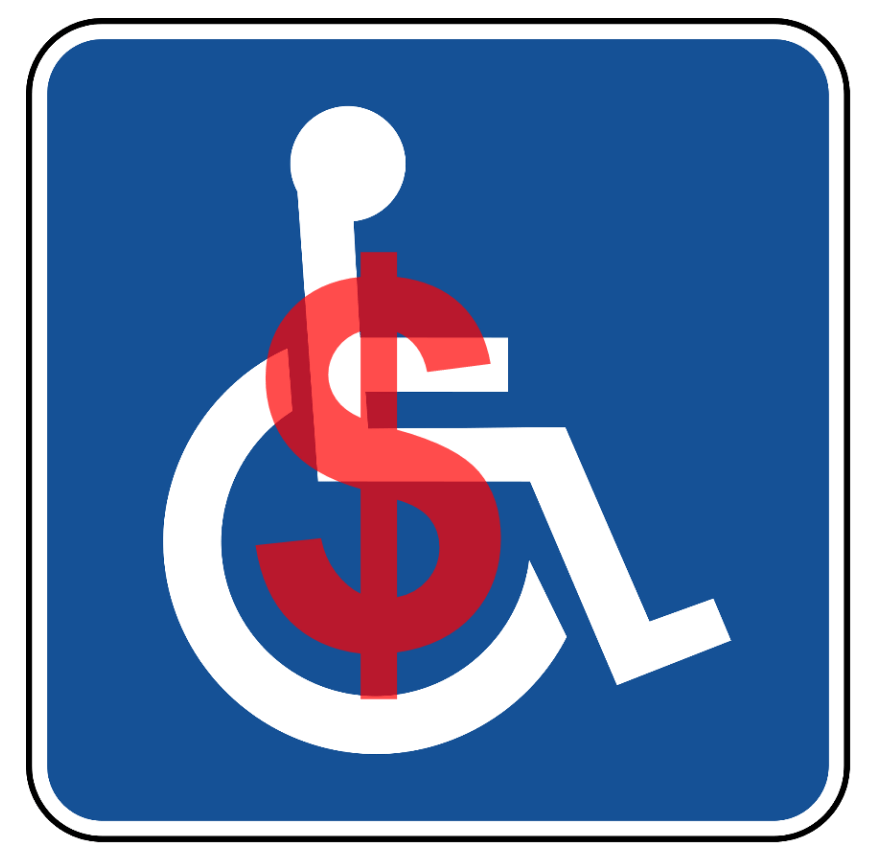Labor & Economy
Fraud on Wheels: D.C.’s Privatized Paratransit Service
Transportation is the backbone of a thriving and sustainable economy. Therefore, a public transit system should be judged by how it treats those that need it most, especially people with disabilities and our most marginalized communities.

Transportation is the backbone of a thriving and sustainable economy. Therefore, a public transit system should be judged by how it treats those that need it most, especially people with disabilities and our most marginalized communities.
The question we should ask is this: Can everyone get where they need to go — to their job, school or the grocery store?
If they can’t, then handing over control of public transit to the lowest bidder should be out of the question— for example, a private company, aiming to profit, doesn’t share this public purpose. Unfortunately, in many cities and counties nationwide, that’s exactly what’s happening.
News broke last week that a private company transporting people with disabilities in Washington, D.C., billed the government for almost $200,000 in services it never provided. The paratransit contractor, MV Transportation, which even billed for transporting people who had long since died, chalked the fraud up to “billing errors.”
But MV Transportation’s issues are typical of a contractor cutting corners to increase profits. Is it a “billing error” when some paratransit drivers in D.C., because they are paid so little by contractors, have to rely on public assistance to keep afloat?
The money that MV Transportation took from the public—and the money spent investigating and cleaning up their “billing errors”—could’ve been invested in the city’s transit system, which like many across the country is struggling after years of underinvestment.
In the era of “smaller government,” every dollar counts. Just this week, a popular feature of D.C.’s paratransit service was dramatically cut back because of funding issues.
As we detailed in In the Public Interest’s latest report, Cutting Corners, contractors regularly harm the public, workers and the environment in pursuit of profit. Across a variety of public goods and services, and at every level of American government, companies put their bottom lines above the public purpose of providing middle-class jobs and quality services to everyone.
D.C.’s public transit needs investment, not privatization, which is clearly just another form of neglect.

-

 Column - State of InequalityJanuary 29, 2026
Column - State of InequalityJanuary 29, 2026Are California’s Billionaires Crying Wolf?
-

 Latest NewsFebruary 3, 2026
Latest NewsFebruary 3, 2026Amid the Violent Minnesota Raids, ICE Arrests Over 100 Refugees, Ships Many to Texas
-

 Dirty MoneyJanuary 30, 2026
Dirty MoneyJanuary 30, 2026Amid Climate Crisis, Insurers’ Increased Use of AI Raises Concern For Policyholders
-

 Featured VideoFebruary 4, 2026
Featured VideoFebruary 4, 2026Protesters Turn to Economic Disruption to Fight ICE
-

 The SlickFebruary 2, 2026
The SlickFebruary 2, 2026Colorado May Ask Big Oil to Leave Millions of Dollars in the Ground
-

 Column - State of InequalityFebruary 5, 2026
Column - State of InequalityFebruary 5, 2026Lawsuits Push Back on Trump’s Attack on Child Care
-

 Column - California UncoveredFebruary 6, 2026
Column - California UncoveredFebruary 6, 2026What It’s Like On the Front Line as Health Care Cuts Start to Hit
-

 The SlickFebruary 10, 2026
The SlickFebruary 10, 2026New Mexico Again Debates Greenhouse Gas Reductions as Snow Melts

